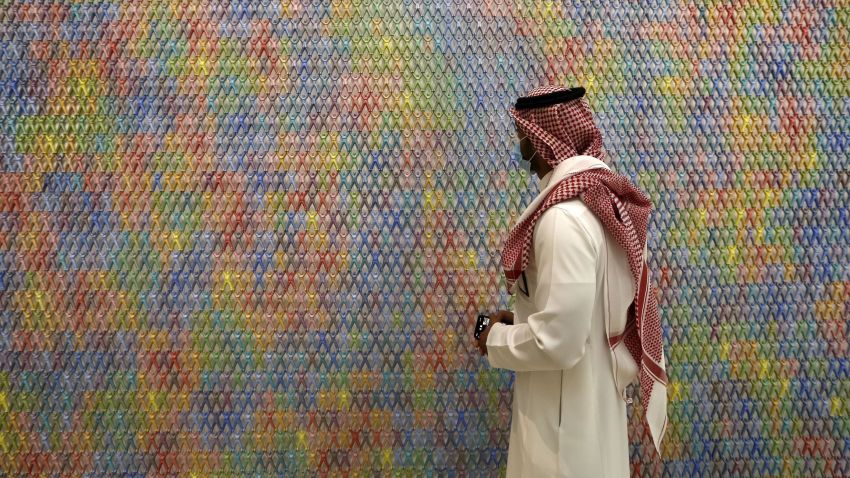It’s a pleasure to introduce myself as the new author of World Politics Review’s Middle East Memo newsletter. The Middle East remains a fascinating if often tumultuous region, and I have been immersed in researching its political, security, cultural and social affairs for more than two decades.
I have worked in the policy analysis field for more than a decade, for think tanks in the United States, the Middle East, Europe and now in the United Kingdom, where I am director of the Middle East and North Africa Programme at Chatham House. Over the course of my career, I have come to embrace an interdisciplinary approach to analyzing events and developments in the region, given the degree to which its political, economic, security and social dynamics are intertwined. One of the research projects I am currently leading at Chatham House is rooted in the political economy of transnational conflict. Over the coming weeks and months, I will be reflecting and drawing on such interdisciplinary perspectives in my newsletters.
Writing Middle East Memo each week will get me thinking even more deeply about events in the Middle East, what is being reported and by whom, what has fallen off the radar of public debate, and why it all matters to policymakers, analysts and lay readers alike. In conveying a clearer picture of events in the region, I will try to situate what is going on there within the greater geopolitical landscape. After all, the Middle East is not disconnected from global dynamics. To the contrary, although the region might currently be overshadowed in media and policy circles by other issues like China’s rise to great-power status or the Russia-Ukraine war, those issues have consequences for the Middle East, and the region itself plays a role in how they develop as well as the international response to them.

